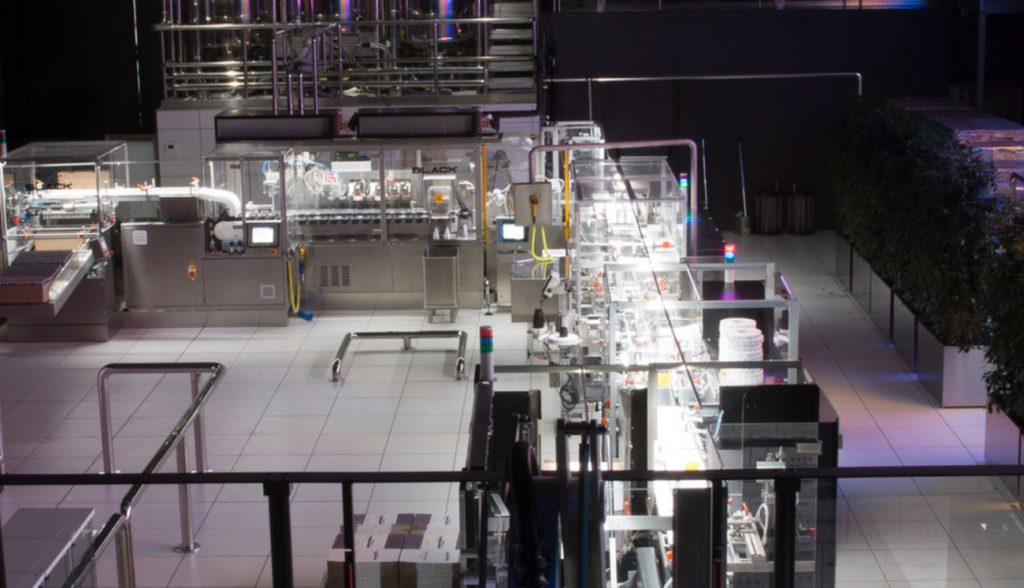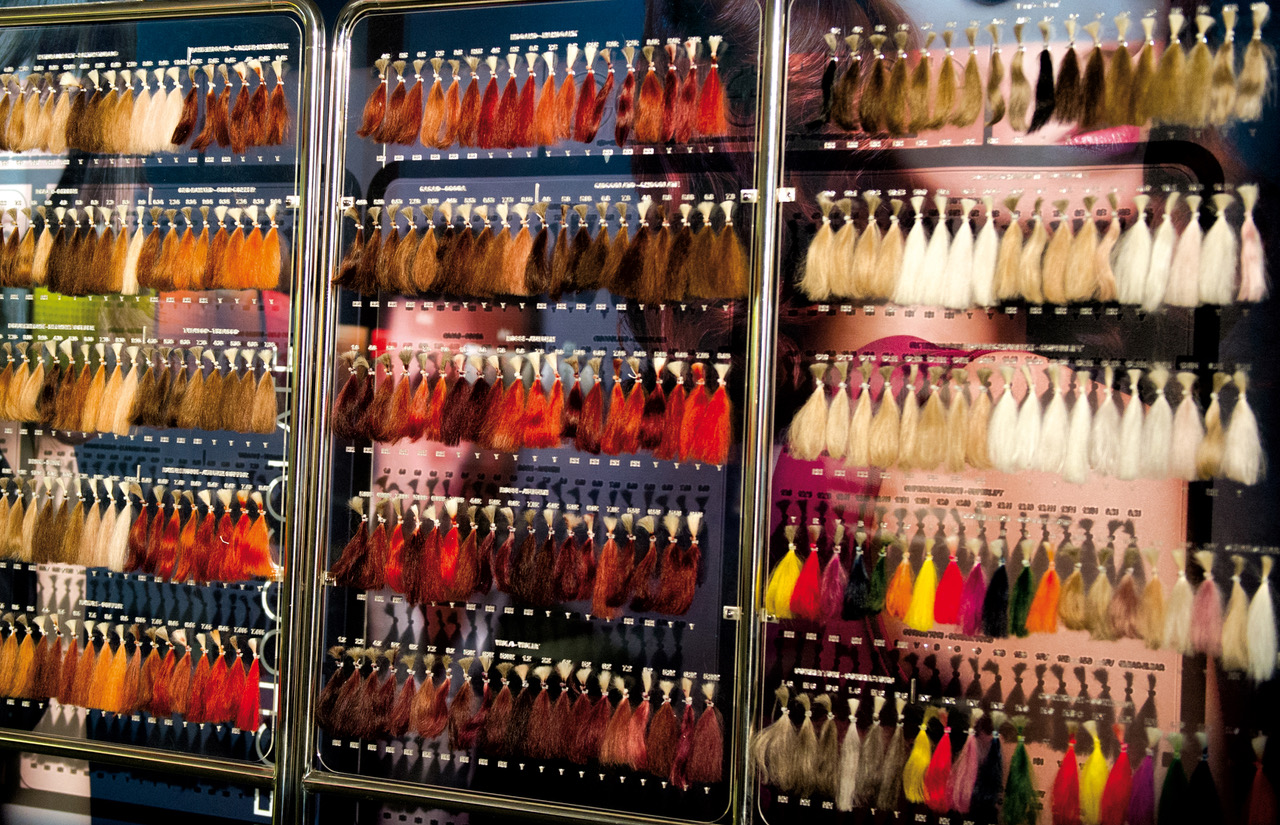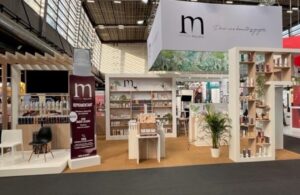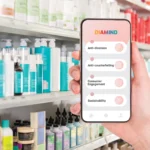The professional hair industry is now seeing important growth in private labels. As well as more traditional countries in Western Europe there are now a number of new players approaching the market.To have a better view of the situation, EsteticaExport has interviewed Andrea Rosa International private label specialist in the professional hair sector.
Andrea, about one year ago, we had a chat and you told us that the private label sector in our industry was reacting pretty well to the crisis. What can you tell us now, after another year?
“My first impression is that the market is going through a period of further growth drawn by strong consumer demand. In recent decades, the markets have changed a lot; big multinational manufacturers have lost an important share of the market to medium and small companies that keep growing. Competition got fiercer and consumers are more demanding in terms of quality and service.
In the private label sector, we see a large number of very specialised brands emerging. These are conquering more space in the market taking advantage of the increasing need for personalisation of clients. Along with this development, we are witnessing a huge increase in the so-called ‘white labels’. These offer a standard product dressed up and labelled with many different brands like small salons’ chain or even a single hair salon”.
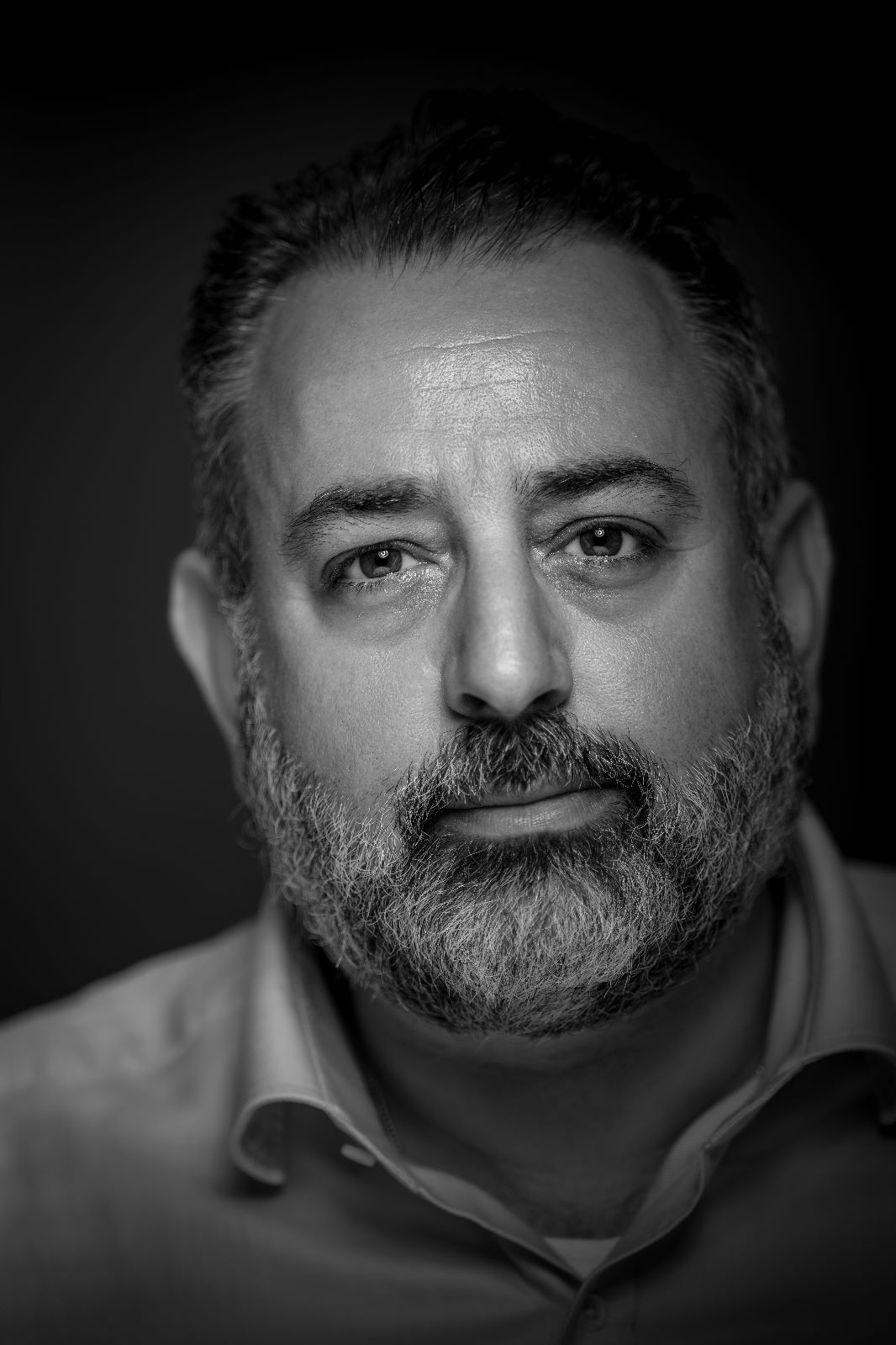
What is the difference between ‘Private Labels’ and ‘White Labels’?
“Private label manufacturers offer a project that creates, for each client, a dedicated formulation of the products and of course personalised packaging. The White label manufacturers are smaller companies that propose the same formulations to different clients changing only the packaging. The discriminating factor is the quantity sold: a private label project requires a much higher minimum purchase lot”.
Does that influence the perspective of the consumer?
“Absolutely. Consumers have the impression of an enormous number of brands among which they can choose, even if the products inside do not change much”.
According to your experience, how are markets developing in different parts of the world?
“For us Europeans, I would say that the most attractive markets are still the mature ones, like Europe itself, North America and Australia. And I would add the Gulf Countries which have become rich and stable.
An explosion of new offers is coming from countries like Turkey, where exporters take advantage of the currency exchange rate and domestic inflation and also the strategic geographic position of the country. Pakistan is also showing an interesting development that, from accessories products (like scissors), is now starting to propose chemical professional products for salons”.
Who are their main client countries?
“Turkish manufacturers are invading European countries starting with male hair cosmetics, thanks to their very competitive prices and medium-level quality.
Pakistani entrepreneurs have a British education in many cases, therefore they are much more ready to deal with countries connected for example to the Commonwealth, starting from the UK where they have many connections. At the moment they are active in Africa and Asia, but many industry players expect an expansion in the next few years also considering that they are already able to offer quite good quality”.
Is Brazil one of the growing countries for Private Label?
“Brazil is a very important player. I would say that after a long period when Brazilian were producing mainly straightening products. They had the opportunity to learn a lot of know-how through the foreign brands that opened factories in their territory. They now offer Private Labels mostly for straightening products but also treatments”.
Are they able to pass the certification requirements imposed in the USA and Europe?
“The USA requirements are very easily reached. European rules are much stricter, but Brazilians also seem willing to obtain this kind of certification in most cases.
One proof that Brazilian products are becoming attractive for Western markets is the fact that The Kirschner Group has recently accepted to represent 3 Brazilian brands for global distribution, including one private label company”.
Considering these important new players growing in global markets, what can European Private Labels do to maintain their advantage?
“It is always important to keep competitors under control, but Europeans and Italians in particular should never try to compete with the price instead they should keep counting on the excellent quality they can offer and keep improving it.
The Italian Private Label sector is the most varied and highest level in the world. They are always developing and improving in terms of results on the hair and sustainability for example. Italians are also by far the best producer of machines to produce cosmetics”.
Do you Think Italian Private label companies can find fierce competitors among the rising industry from other nations you mentioned?
“Not Really. The quality and experience of Italian Private label industry is far too advanced for the competition, especially new entries. The quality of formulations, innovation, and bespoke services that Italian companies can offer are worth much more than the little difference in price”.
You did not mention China, why is that?
“Well, before commenting on that, I am curious to go to the Hong Kong exhibition next November to see first-hand what they are really doing and if they are recovering after the long self-imposed isolation. From what I saw in recent international trade fairs where Chinese took part, they are proposing packaging and machinery and of course electrical appliances but not so much chemical products yet”.

